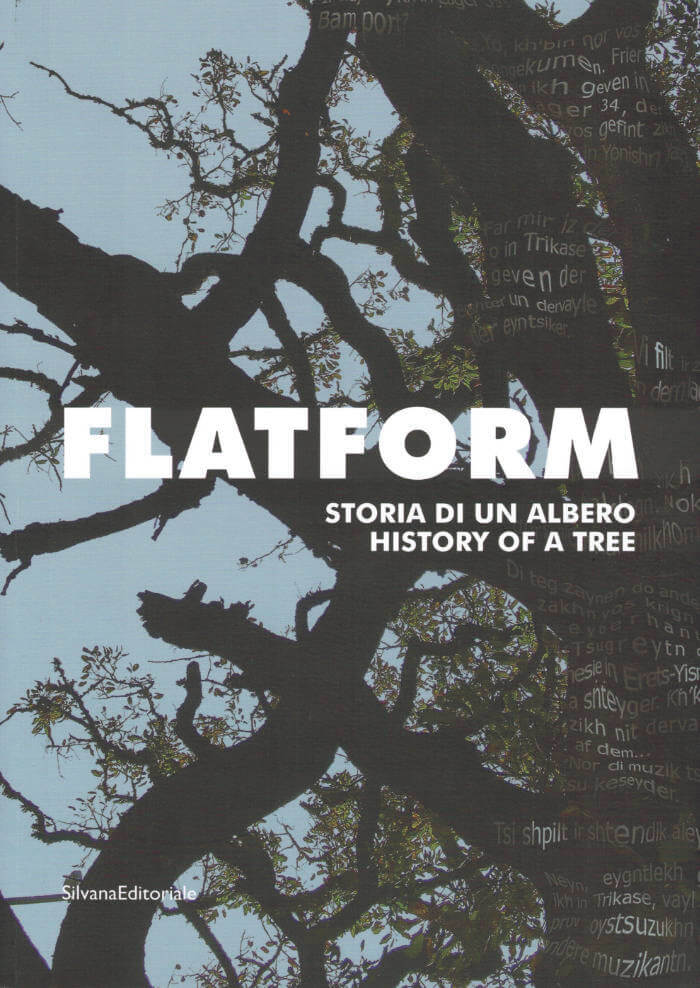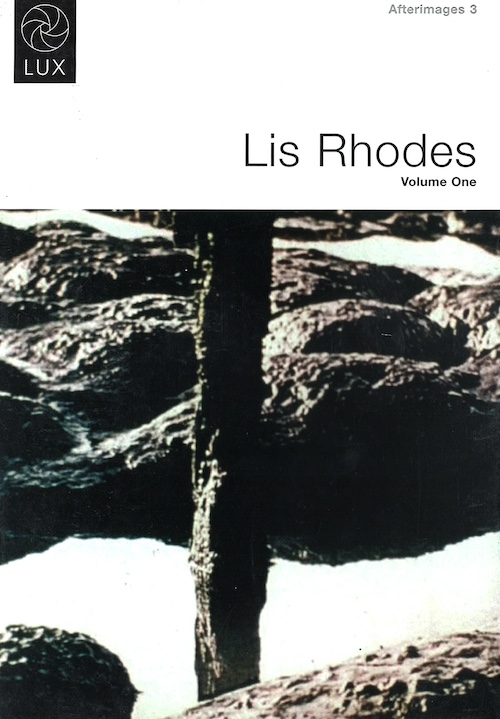
Ulysses Jenkins: Without Your Interpretation
The first monograph on the groundbreaking video artist and member of the seminal Video Venice News and Studio Z groups.
This is the first major retrospective on the groundbreaking Los Angeles-based video artist Ulysses Jenkins (born 1946). Since the 1970s, Jenkins has interrogated questions of race and gender as they relate to ritual, history and state power. From his work with Video Venice News, a Los Angeles media collective he founded in the early 1970s, to his involvement with the artists' group Studio Z (alongside figures such as David Hammons, Senga Nengudi and Maren Hassinger), to his video and performance works, Jenkins explores how white supremacy is embedded in popular culture. Beginning as a painter and muralist, Jenkins was introduced to video just as the first consumer cameras were made available, and he quickly seized upon the technology as a means to broadcast critical depictions of multiculturalism. This catalog features an extensive portion of Jenkins' archive, early documentary films, photographs and ephemera, as well as his video art.




